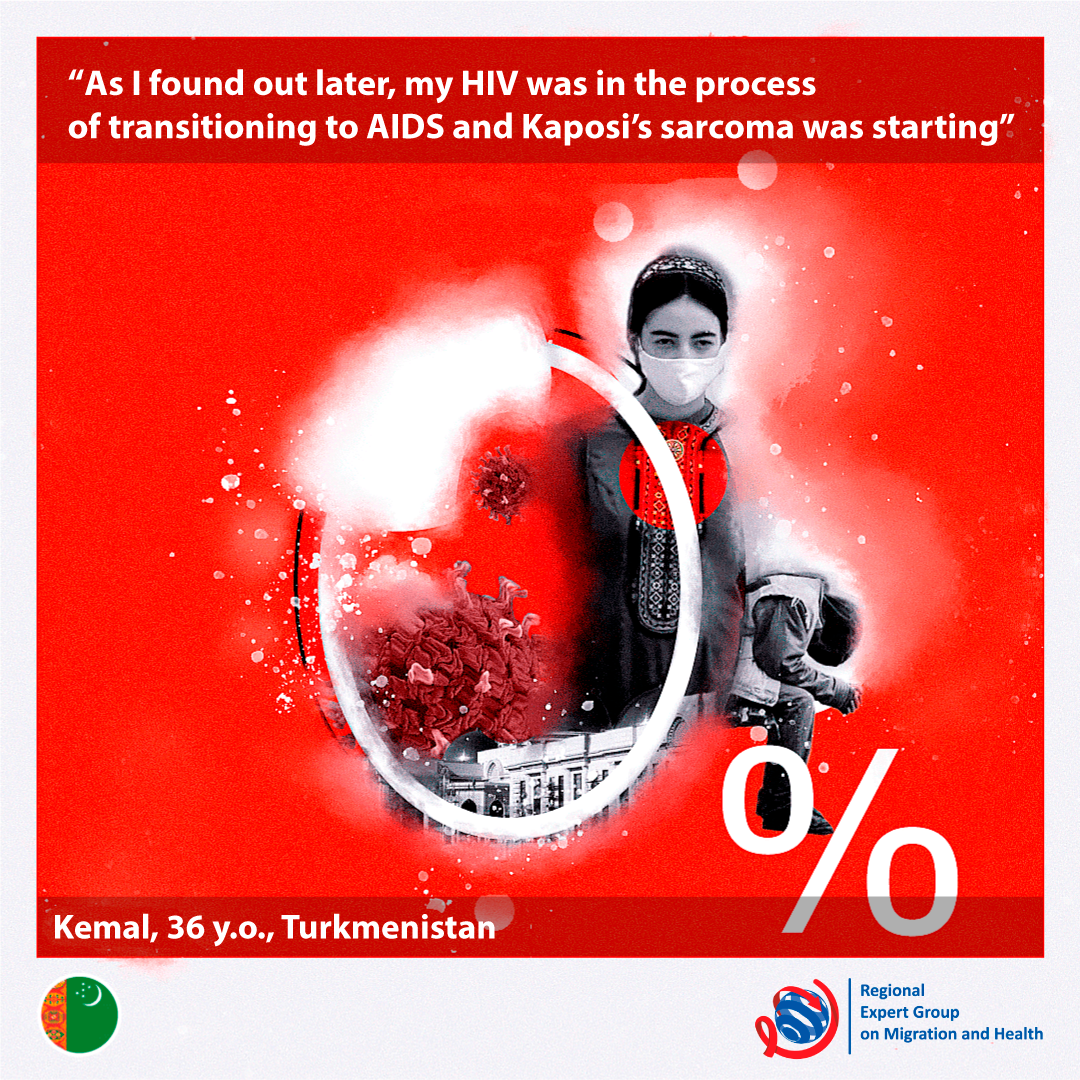I come from Minsk. My dream was to work at railways, but my school was affiliated with a college of education, so I had a bigger chance of getting accepted there. I also wanted to become a radio DJ, and even went to audition to a few radio stations in Minsk, but my taciturnity stood
Alexey, 40 y.o., Belarus: “The main issue is within your own mind: whether or not to accept your HIV status”









